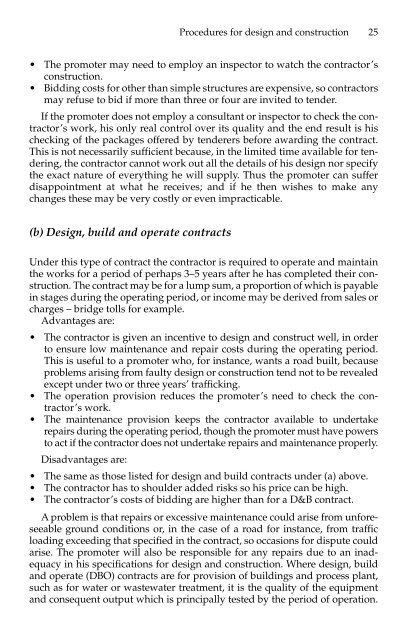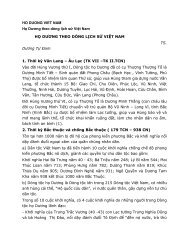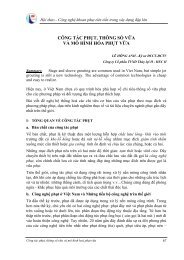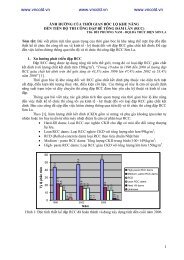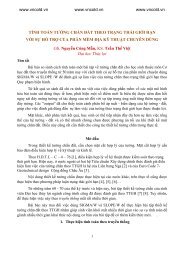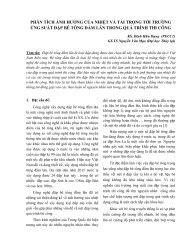Civil Engineering Project Management (4th Edition)
Create successful ePaper yourself
Turn your PDF publications into a flip-book with our unique Google optimized e-Paper software.
• The promoter may need to employ an inspector to watch the contractor’s<br />
construction.<br />
• Bidding costs for other than simple structures are expensive, so contractors<br />
may refuse to bid if more than three or four are invited to tender.<br />
If the promoter does not employ a consultant or inspector to check the contractor’s<br />
work, his only real control over its quality and the end result is his<br />
checking of the packages offered by tenderers before awarding the contract.<br />
This is not necessarily sufficient because, in the limited time available for tendering,<br />
the contractor cannot work out all the details of his design nor specify<br />
the exact nature of everything he will supply. Thus the promoter can suffer<br />
disappointment at what he receives; and if he then wishes to make any<br />
changes these may be very costly or even impracticable.<br />
(b) Design, build and operate contracts<br />
Procedures for design and construction 25<br />
Under this type of contract the contractor is required to operate and maintain<br />
the works for a period of perhaps 3–5 years after he has completed their construction.<br />
The contract may be for a lump sum, a proportion of which is payable<br />
in stages during the operating period, or income may be derived from sales or<br />
charges – bridge tolls for example.<br />
Advantages are:<br />
• The contractor is given an incentive to design and construct well, in order<br />
to ensure low maintenance and repair costs during the operating period.<br />
This is useful to a promoter who, for instance, wants a road built, because<br />
problems arising from faulty design or construction tend not to be revealed<br />
except under two or three years’ trafficking.<br />
• The operation provision reduces the promoter’s need to check the contractor’s<br />
work.<br />
• The maintenance provision keeps the contractor available to undertake<br />
repairs during the operating period, though the promoter must have powers<br />
to act if the contractor does not undertake repairs and maintenance properly.<br />
Disadvantages are:<br />
• The same as those listed for design and build contracts under (a) above.<br />
• The contractor has to shoulder added risks so his price can be high.<br />
• The contractor’s costs of bidding are higher than for a D&B contract.<br />
A problem is that repairs or excessive maintenance could arise from unforeseeable<br />
ground conditions or, in the case of a road for instance, from traffic<br />
loading exceeding that specified in the contract, so occasions for dispute could<br />
arise. The promoter will also be responsible for any repairs due to an inadequacy<br />
in his specifications for design and construction. Where design, build<br />
and operate (DBO) contracts are for provision of buildings and process plant,<br />
such as for water or wastewater treatment, it is the quality of the equipment<br />
and consequent output which is principally tested by the period of operation.


